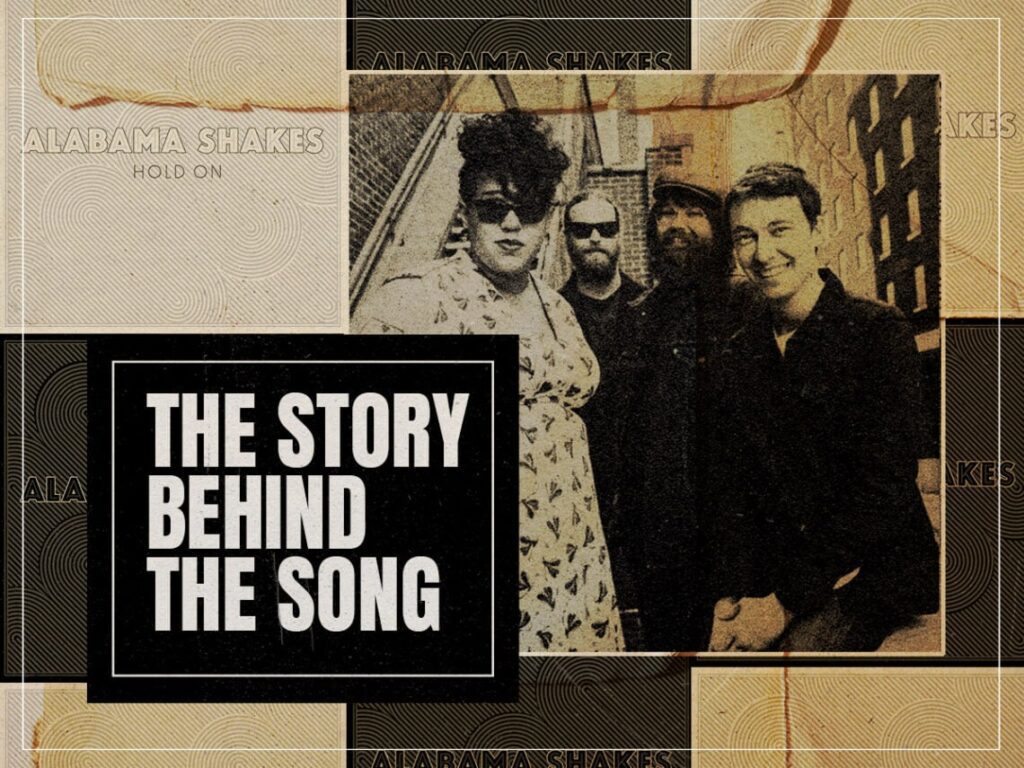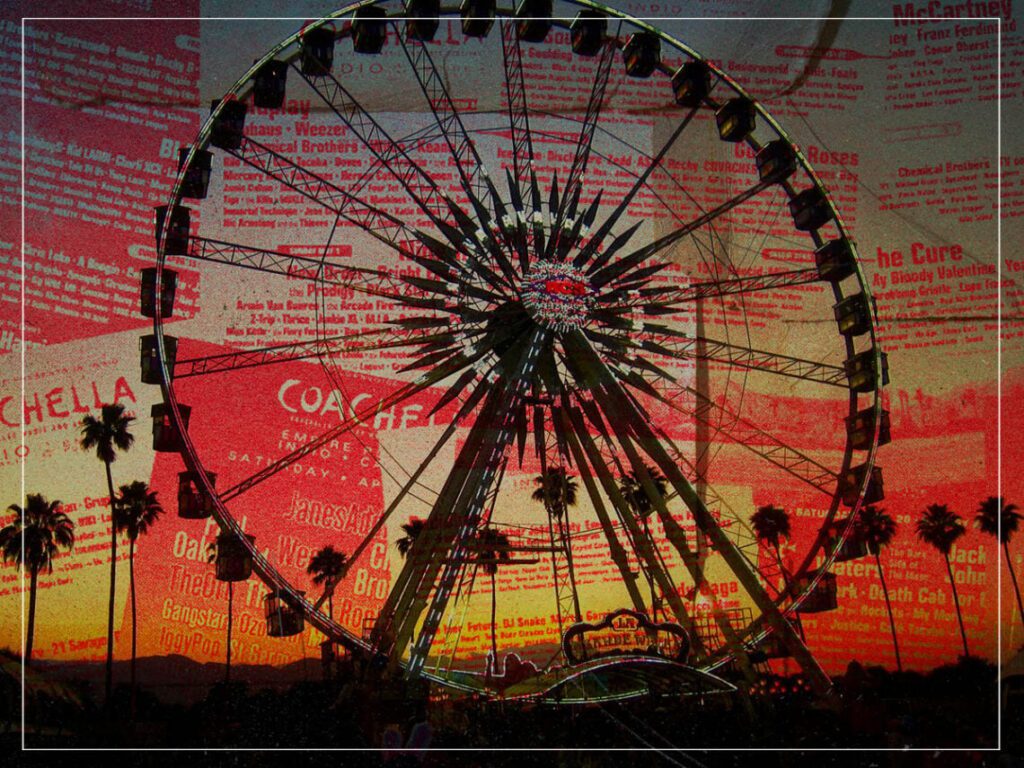Revisiting the Lessons of Metallica’s Napster Lawsuit in the Era of Coronavirus
 Posted On
Posted On
“If I wanna give my shit away for free, I’ll give it away for free,” Metallica’s Lars Ulrich noted in a 2014 Reddit AMA, reflecting on the band’s notorious copyright battle against ill-fated file-sharing service Napster. “That choice was taken away from me.”
Two decades have passed since their industry-changing lawsuit, which centered around the illegal trading of MP3 recordings. But now, as the music world grasps for fragments of normalcy during a global pandemic, the drummer’s comments sting with renewed relevance. The coronavirus has shrunk a once-gaping chasm of opportunity between stadium-packing pop acts and SoundCloud upstart beat-makers, leaving all artists on precarious footing. The forecast is foggy for everyone, regardless of how many Grammys decorate their walls or the vastness of zeroes adorning their bank accounts. Surveying the remnants of canceled tours, delayed album releases and in-limbo paychecks, every musician’s sense of “choice” is suddenly — if temporarily — at the mercy of an invisible villain.
On April 13, 2000, Metallica became a very visible villain for a hoard of infuriated fans. By attempting to block over 300,000 users who swapped their songs on Napster, they marked a symbol of celebrity greed and melted morality — multi-platinum metal stars too distracted by dollar signs to realize the little-guy side casualties of their quest for legal vengeance. And in 2020, an era of paltry Spotify revenue and decimated album sales — with GoFundMe serving as merch booths, live-streamed living rooms replacing concert venues — it’s worth looking back at the Napster fiasco with sobering clarity. Sure, Metallica’s approach was too aggressive in its muscle-flexing. But at the core, in their pursuit to preserve the integrity of an artist’s work, weren’t they right?
Napster’s peer-to-peer experiment began in June 1999 when Shawn Fanning and Sean Parker launched their short-lived internet software, allowing curious music fans — and, well, people who just didn’t feel like shucking out $15 for the new Limp Bizkit album — to swap their MP3 collections with a quick search and a few clicks. The technology rapidly became a dorm room staple, and before long, a new wave of consumers was treating music libraries like joints at a house party — best shared freely rather than kept to oneself.
Metallica weren’t the only ones who were pissed off. Four months before the band’s lawsuit, the Recording Industry Association of America (RIAA) landed the first punch with its own massive suit. But it was easy for fans to brush off a legal attack from an acronym — Metallica, with the outspoken Ulrich serving as their mouthpiece, made the conflict more personal. The group took action after learning an in-progress version of “I Disappear” — eventually issued, in final form, on the A-list soundtrack to Mission: Impossible 2 — had leaked to “20 radio stations across America” before its official release. After some digging, they realized the full Metallica discography was accessible on Napster.
In addition to targeting the company, the suit also initially named the University of Southern California, Yale University and Indiana University, citing “copyright infringements, unlawful use of digital audio interface device and violations of the Racketeering Influenced & Corrupt Organizations Act (RICO).”
“We take our craft — whether it be the music, the lyrics, or the photos and artwork — very seriously, as do most artists,” Ulrich said in a statement. “It is therefore sickening to know that our art is being traded like a commodity rather than the art that it is.” Fans and critics alike delighted in tearing them to shreds — either for including the universities in the lawsuit or for bothering at all when they’re already rich and famous. (It didn’t help the band’s image that they used a consulting firm to track down the aforementioned 335,435 users, compiling the names in roughly 60,000 pages of documents.)
The backlash included satirical videos from animator Bob Cesca, who portrayed Metallica as money-obsessed caricatures. One, dubbed “Metallicops,” followed Ulrich and frontman James Hetfield as demented buddy cops who patrol college campuses to squash downloading among students. “It seems to me that their financial and time resources would have been better spent [on] a Metallica version of Napster,” Cesca told MTV News. “They should have been a little more forward-thinking when it comes to technology, than rather a knee-jerk reaction, suing Napster and adversely affecting their fans.”
Many students also vocalized frustrations. “I understand where they’re coming from, but at some point when they were getting started, they just wanted to get their music out there,” one Indiana University freshman told MTV. “The MP3 format is one easy way to do that.”
But that wasn’t the point. Free-MP3-as-promotion is normal in 2020, given our current streaming landscape, but that’s a side effect of an infection Napster spread. The dominos have tumbled from other file-sharing platforms (LimeWire, Kazaa) to legal services like Spotify that pay artists using a widely criticized “pro-rata” model, resulting in the top performers taking home the most money. (“Got paid £8 for 90,000 plays,” electronic artist Jon Hopkins tweeted in 2011. “Fuck spotify.” In contrast, Ulrich told NME in 2013, “I love Spotify.”) Even though Napster wound up settling its Metallica suit (along with another from Dr. Dre) before filing for bankruptcy in 2002, no artist won in the long run.
Napster forced us to ask ourselves some uncomfortable questions. And they’re worth asking again. As COVID-19 continues to spread, tabling tours and slowing promotional wheels long set in motion, artists need our direct, tangible support more than ever. It’s hard not to wish we’d used the same logic 20 years ago — valuing music not only as art but as a physical product worth the investment.
“We stuck our necks out there,” Metallica guitarist Kirk Hammett said in 2016. “At the end of the day, I’d like to say what we were doing had some merit – some truth to it.”


